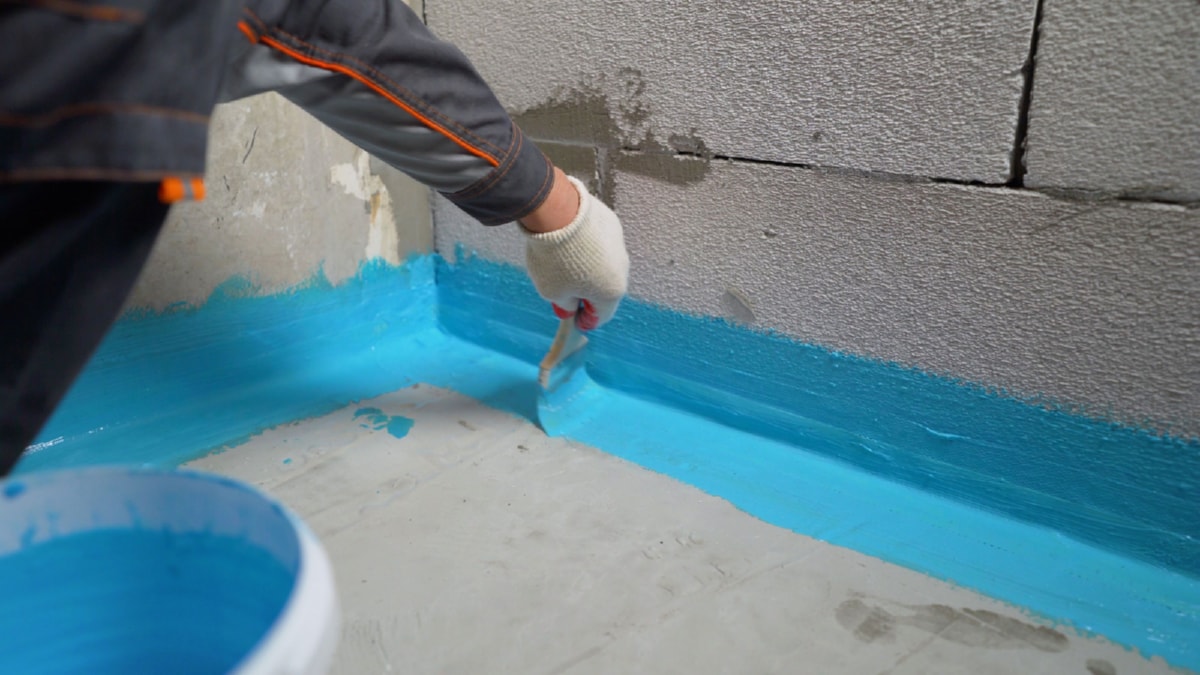Grasping the Basics of Building Materials
The materials you select for your construction project are of paramount importance, whether you are building a new home or renovating an existing one. Grasping the essentials of home construction materials can aid you in making informed decisions that will affect both the value and quality of your house. This article will give a thorough guide to the most commonly used materials in home construction.
Timber is a multiuse material that has been used in construction for centuries. It’s perfect for structural support in walls, floors, and roofs, and provides a natural, warm aesthetic. Nonetheless, wood requires regular maintenance to prevent decay and pest infestations.
Stone and brick are durable materials that offer excellent insulation and fire resistance. They’re often used for exterior walls, but can also be used for interior features like fireplaces and accent walls. On the downside, these materials are more expensive and require skilled labor for installation.
Concrete, another durable material, is often used for foundations, walls, and floors. It’s resistant to fire and pests, and can withstand extreme weather conditions. However, concrete can be less aesthetically pleasing than other materials unless it’s finished properly.
Steel is usually used in modern construction for its strength and durability. It’s especially popular in commercial buildings, but can also be used in residential construction for structural support. Nonetheless, steel is susceptible to corrosion and requires protective coatings.
Finally, synthetic materials such as plastics and composites are increasingly being used in construction. They’re light, long-lasting, and require little maintenance, making them an attractive option for many builders. Nonetheless, these materials can be more expensive and less environmentally friendly.
Understanding the Role of Construction Project Management
Construction project management is a crucial element of any successful build. It involves the planning, coordination, and control of a construction project from inception to completion. This includes managing labor, materials, and equipment, as well as ensuring that the project stays on schedule and within budget.
A construction project manager is responsible for managing all aspects of the construction process. This includes planning the project, coordinating the work of subcontractors and laborers, and ensuring that all work is done in compliance with building codes and safety regulations.
In conclusion, knowing the basics of construction materials and project management is essential for anyone involved in a construction project. The materials you choose will affect the quality and value of your home, while effective project management can ensure that your project is completed on time and within budget.
For more details, check best Insulation Solutions in Carlow or visit their Insulation Services Carlow business listing here.



